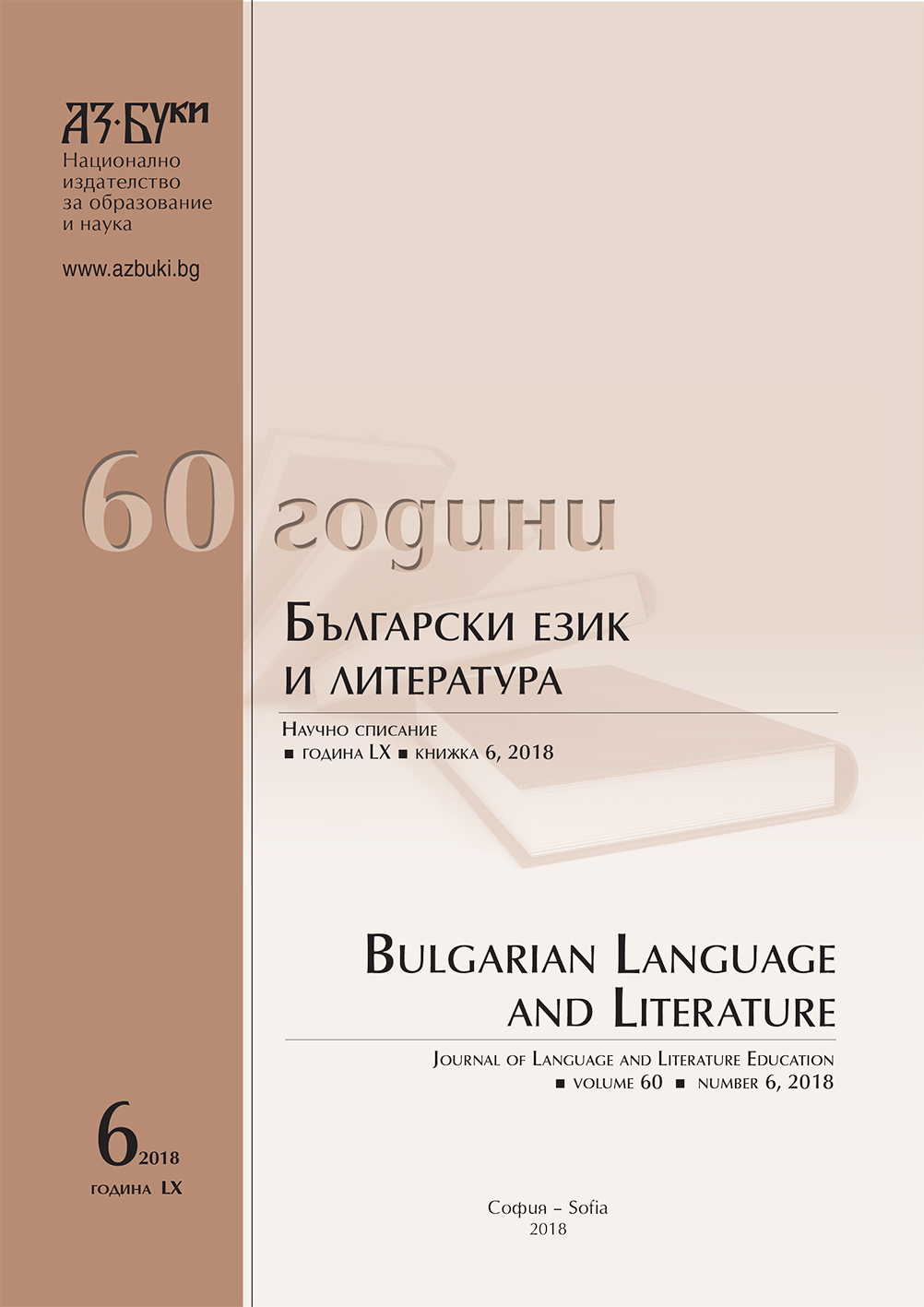
We kindly inform you that, as long as the subject affiliation of our 300.000+ articles is in progress, you might get unsufficient or no results on your third level or second level search. In this case, please broaden your search criteria.

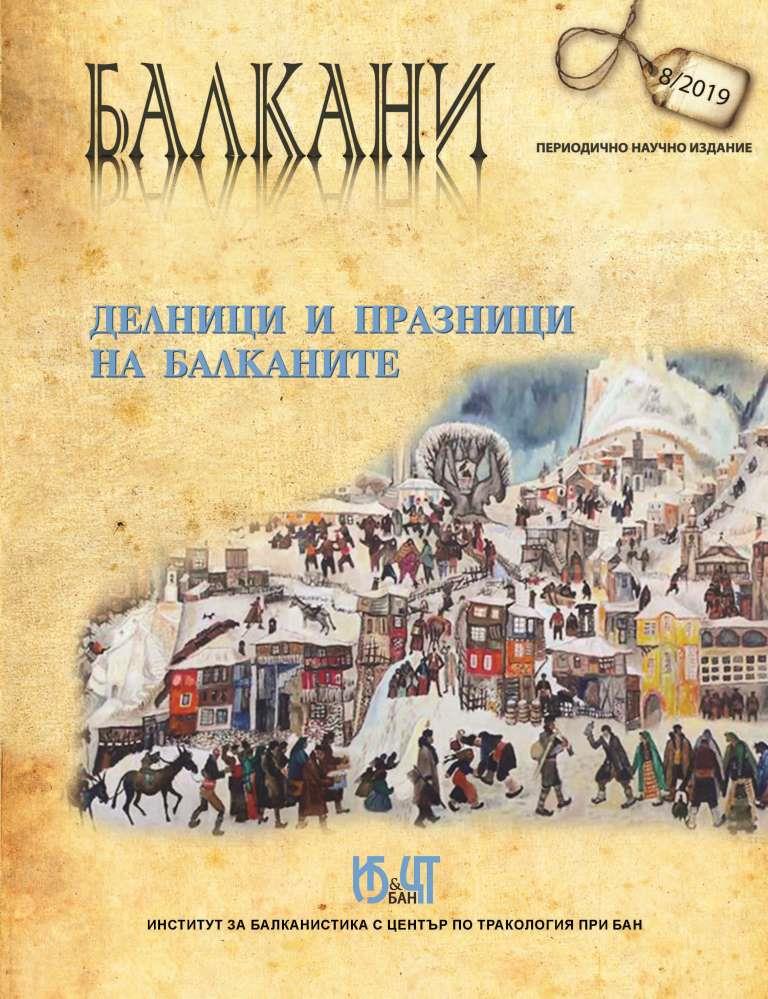
The paper presents one episode in the life of Ivan Naydenov (1834–1910), Bulgarian journalist from Constantinople and social activist: the robbery that occurred when he was travelling to be engaged in his native Kazanlak. Different documents – newspaper information, memoirs and a short story – narrate the adventure and offer a slightly different image of two events that are interesting from an ethnographic and historiographic perspective.
More...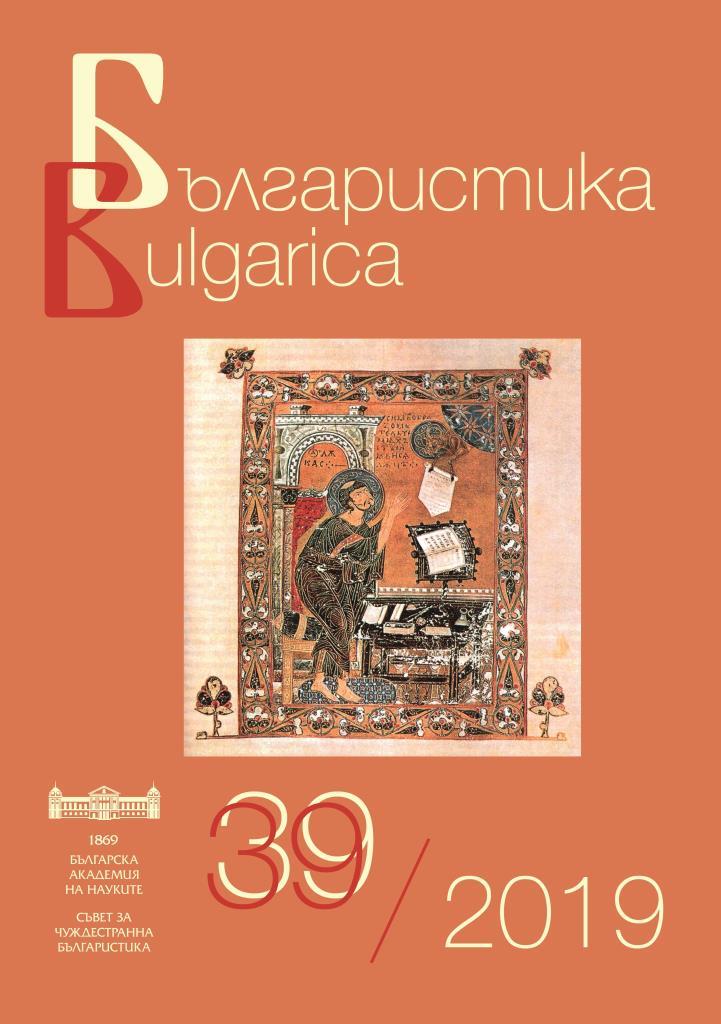
Defended PhD theses in Bulgaria in the field of linguistics, literature, history, folklore, ethnography and art studies.
More...



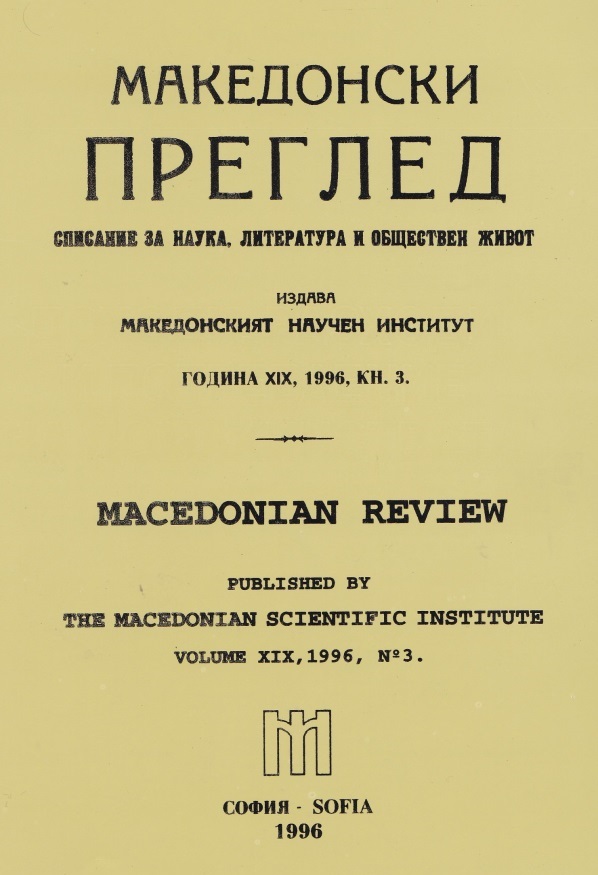
The paper focuses on the poetic works of Teodor Trayanov in parallel with Bulgarian and West European symbolism. This study is a part of the first and, for the time being, only Doctoral thesis on the work of that unjustly forgotten poet. Some perfectly new ideas are suggested on the uniqueness of Trayanov's symbolism. Of greatest significance among these is the suggestion that Trayanov had better be labelled a Neo-Romantic than a straightforward symbolist, having in mind the coherence of that tradition in Austria.
More...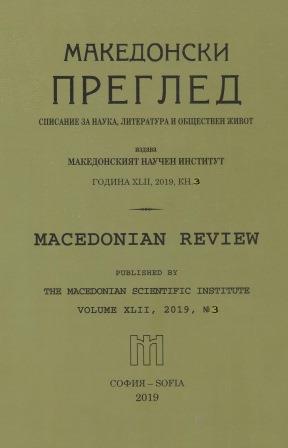
The theme of Macedonia occupies an important place in Bulgarian literature. Poems, short stories, novels, dramas, essays, travelogues are devoted to it. Suffice it to mention the names of writers such as Ivan Vazov, Peyo Yavorov, Anton Strashimirov or Dimitar Talev. Interest in the subject, especially in the lyrics, is strongly influenced by the particular historical situation (uprisings, wars, and other extreme events). At the same time, writers born in Macedonia such as Simeon Radev, Aleksandar Balabanov, Atanas Dalchev and others play a significant role in Bulgarian literature and literary criticism. The article presents these two aspects. It shows the specifics of reflecting the topic in particular historical periods. Emphasis is placed on literary facts from the period between 1878 and 1944, the time when the theme of Macedonia was most authentic.
More...
The article is about the memoir book by the Bulgarian poet Yavorov – Haidushki kopneniya (Haidouk Longings). It is placed in a broad cultural context – the struggle for Macedoniaʼs liberation and the resonance and journalistic activity around these events in Bulgaria. Yavorovʼs book is not a veritable memoir, because it has a powerful lyrical stream. On the other hand, the influence of the novel genre is quite strong in it. The article analyzes important compositional features of this text. They are interesting because when Yavorovʼs memoirs first appeared in the periodicals, they were of one kind, which changed after they were assembled and organized as parts of a single text (Haidushki kopneniya).
More...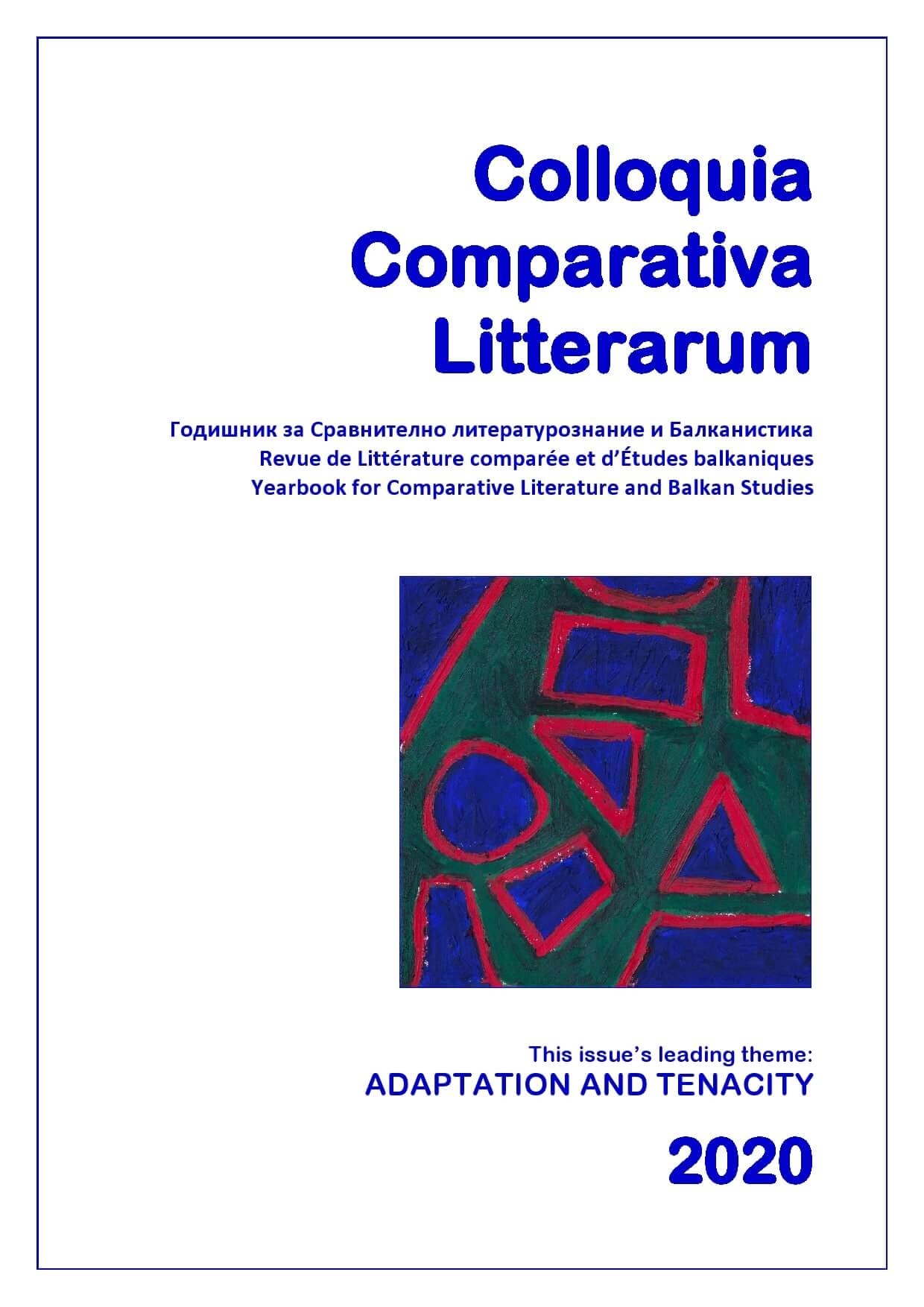
Residing within the confines of the multi-cultural and multi-lingual Ottoman Empire Bulgarians spoke and wrote in different languages, depending on the type of communication and the audience. This paper presents several examples of Bulgarian enlighteners from the 19th century who used a language other than their own native Bulgarian. Shutosh was a comic newspaper, published in Istanbul in the 1870s. It was the Bulgarian version of a periodical owned by the Greek Teodor Kasap. Almost all publications in the newspaper were either anonymous, or signed with pen names. Large parts of them were translations, but neither the names of the authors, nor the translators were mentioned. One such translation was in fact an adaptation of Voltaire’s Zadig ou la Destinée. This article traces the history of that newspaper and presents some of its publications that have to do with literature.The observations lead to the conclusion that there was considerable multilingualism among Bulgarians in the mid-19th century. There were some multilingual periodicals, and there were texts published in languages other than Bulgarian and Greek. After the establishing of the new Bulgarian state (not so much in Eastern Rumelia), the trend changed and the Bulgarian language gained its high status and almost monopoly position, as well as the status of a lieu de mémoirе.
More...
Book review: Miloš Crnjanski, the Slavic Cultural Community and the Dialogue among Slavic Nations. Book review: Valentina Sedefceva. The Slavic theme in the novels by Miloš Crnjanski / Milos Tsernianski.
More...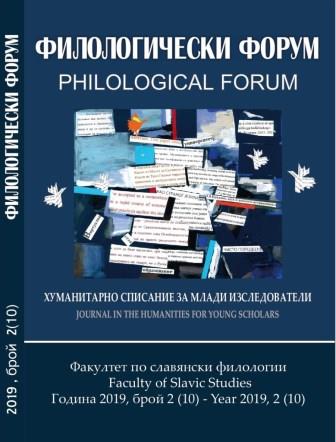
This article problematizes the contemporary processes of medicalization and medicamentalization of life. Specifically, it focuses on medicalization and medicamentalization of education, on the epidemic of diagnosed dysfunctions such as attention-deficit/hyperactivity disorder and the increase in prescriptions for methylphenidate-based drugs for school-aged children.
More...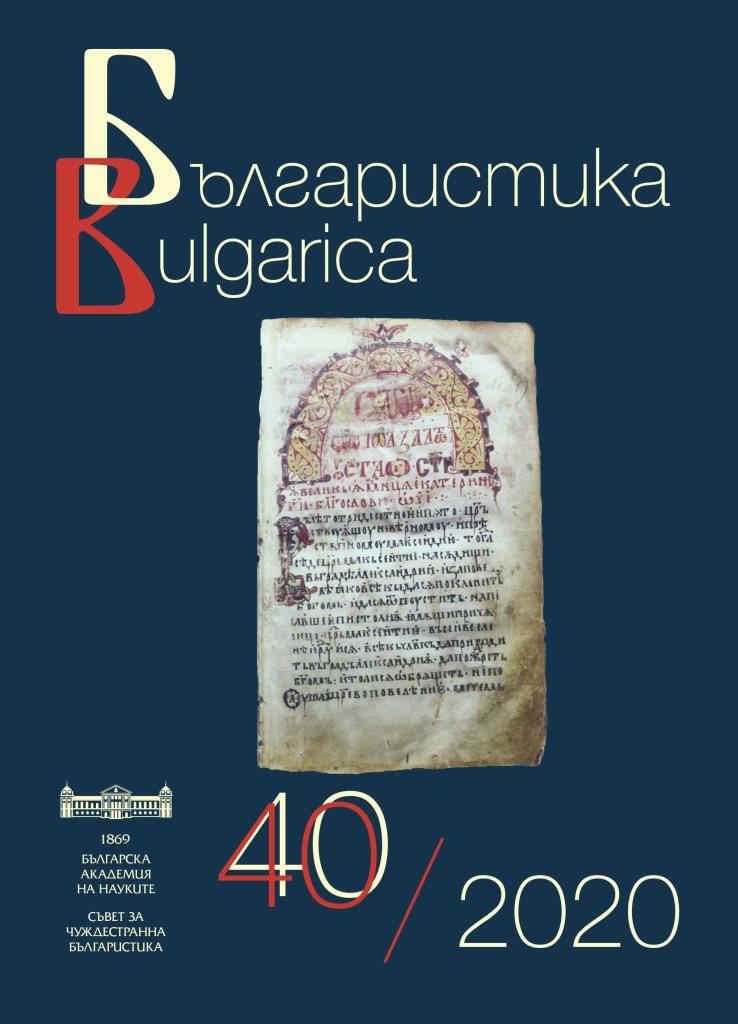

Defended PhD theses in Bulgaria in the field of linguistics, literature, history, folklore, ethnography and art studies
More...


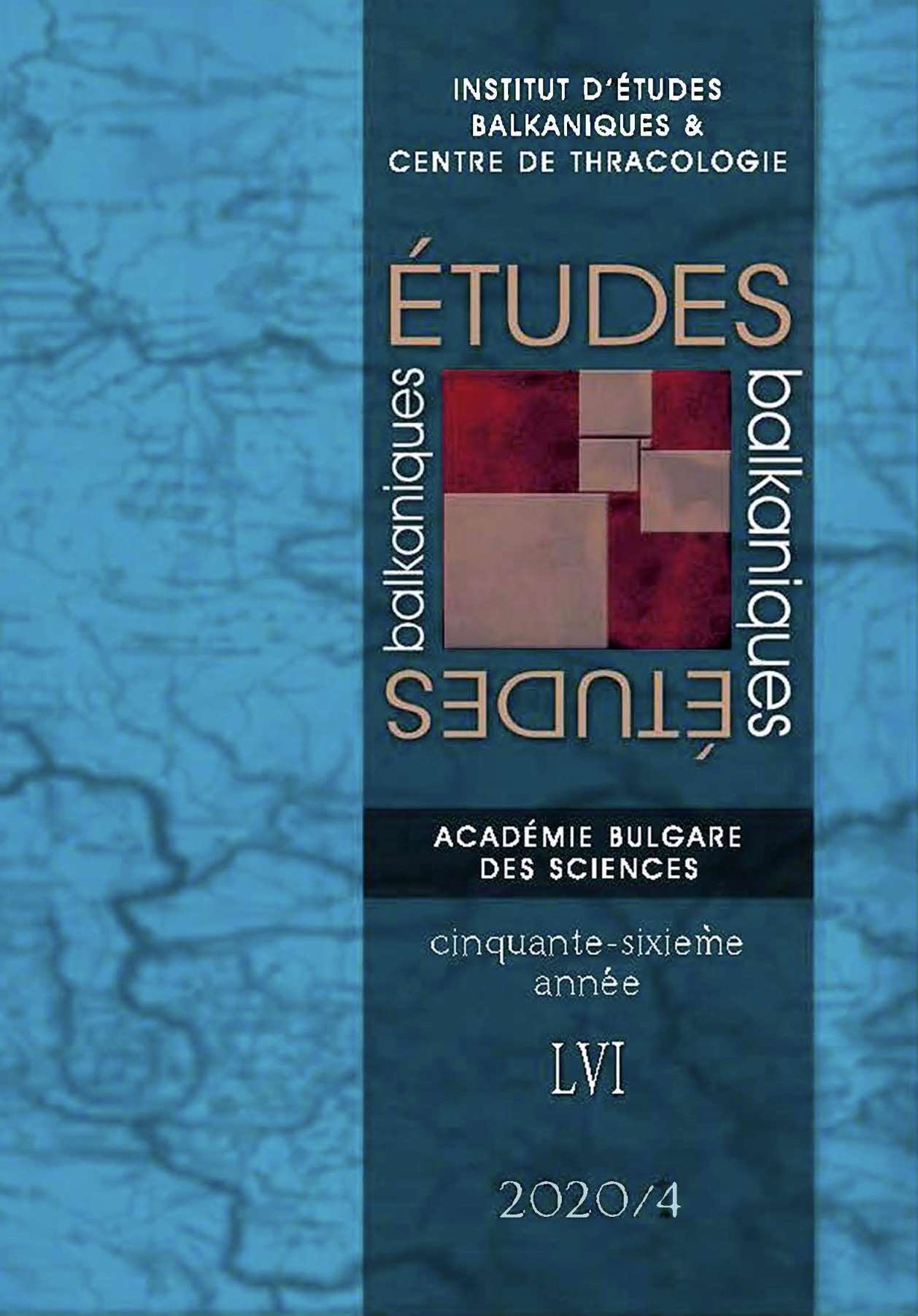
In Eastern European folktales, the supernatural adversary appears often in form of a dragon, a snake or a giant. The same fantastic figures have symbolic meanings in Christian religion too. The article gives an account of Georgian and Bulgarian folktales, demonstrating pre-Christian and Christian thoughts in folk narrative tradition on the example of fairy-tale characters Dev (Giant in Georgian and Bulgarian folktales), Gvel-veshapi (Dragon in Georgian folktales), Zmej and Lamja (Snake in Bulgarian folktales). Because fairytales include elements of the nature-based religions of the ancients, it stands to reason that Christian religion is also reflected in them. An overview of folkloric materials outlines the characteristics, constants and variables of the mythological and Christian images of snake, dragon and giant as well as pagan folkloric transformations of the folk beliefs in these beings. This article presents a comparison of the typology of Georgian and Bulgarian folktales in context of their cultural traditions.
More...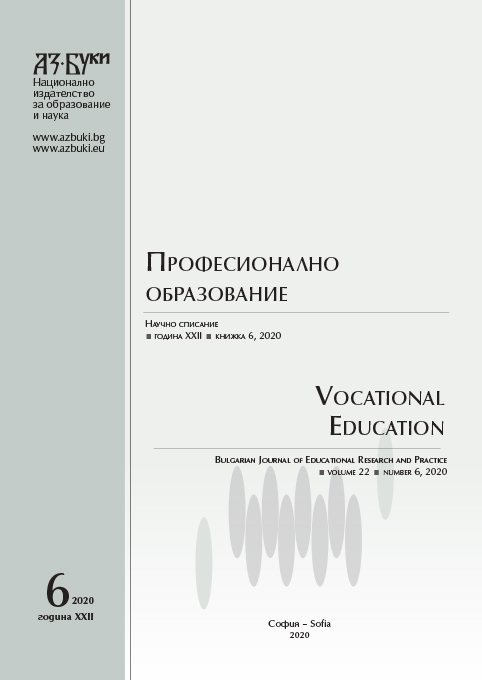
This is a short visit (too short), a preview of the 20th century’s poetry women. This is a secret place of expedition and learning. But can we ever actually find and understand the secrets of the woman? Femininity in its tender power, the feminine beginning as a form of life and future - the poetesses of the 20th century are asking many questions, giving some terrible and sensual confessions, prepare literature for its flowering. Are we ready for them? Are we ready for their roads and truths? This work is just a little piece of the world of the Bulgarian poetry, created by a woman’s feather of the 20 th century.
More...